China Tours & Holidays
Small Group Tours & Tailor-Made Holidays
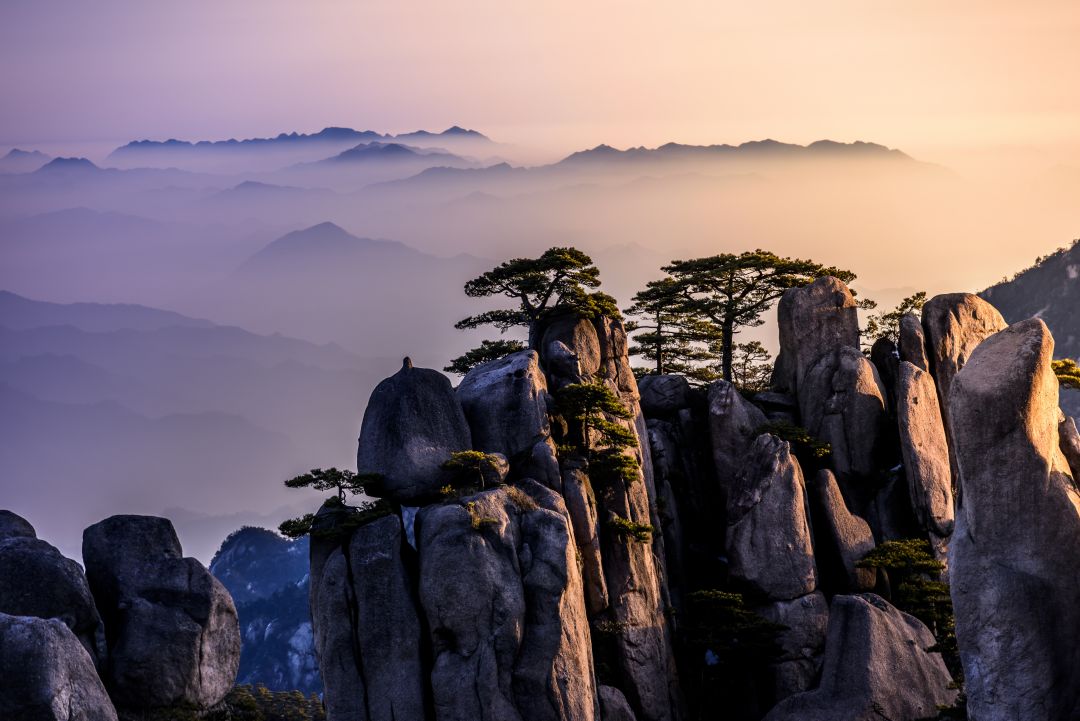
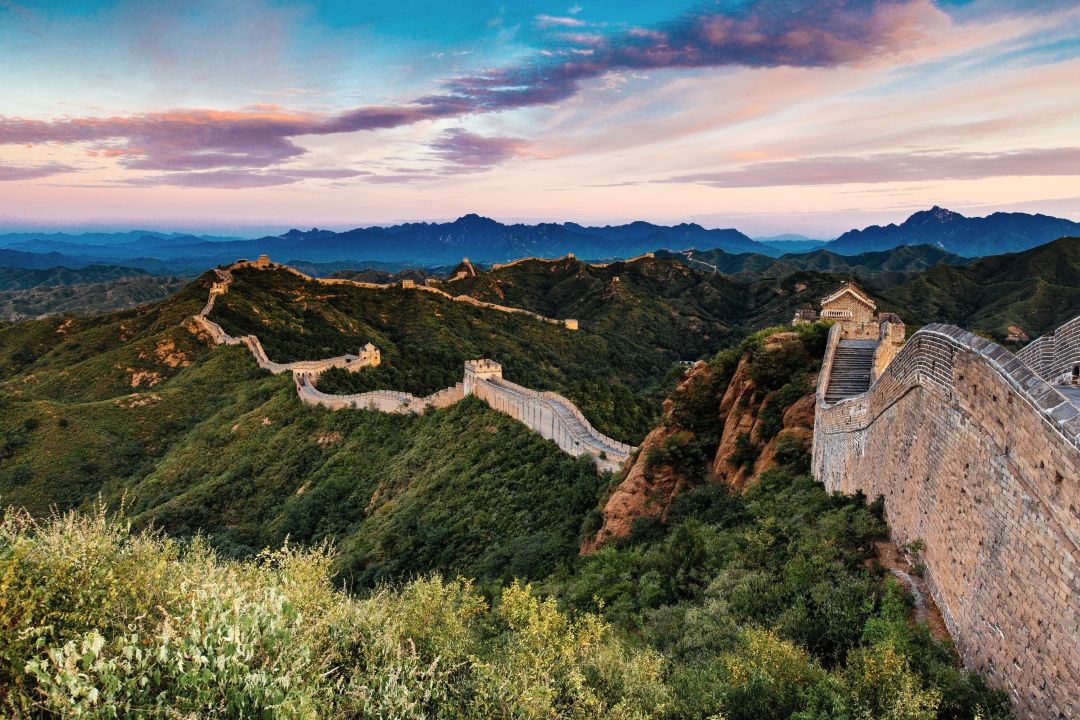
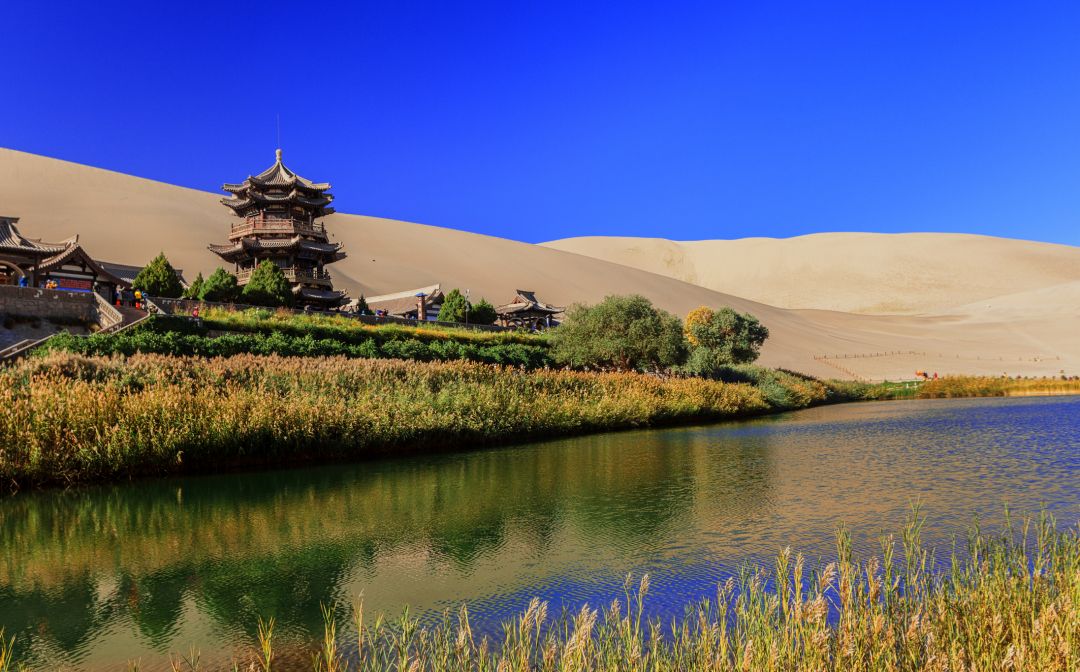
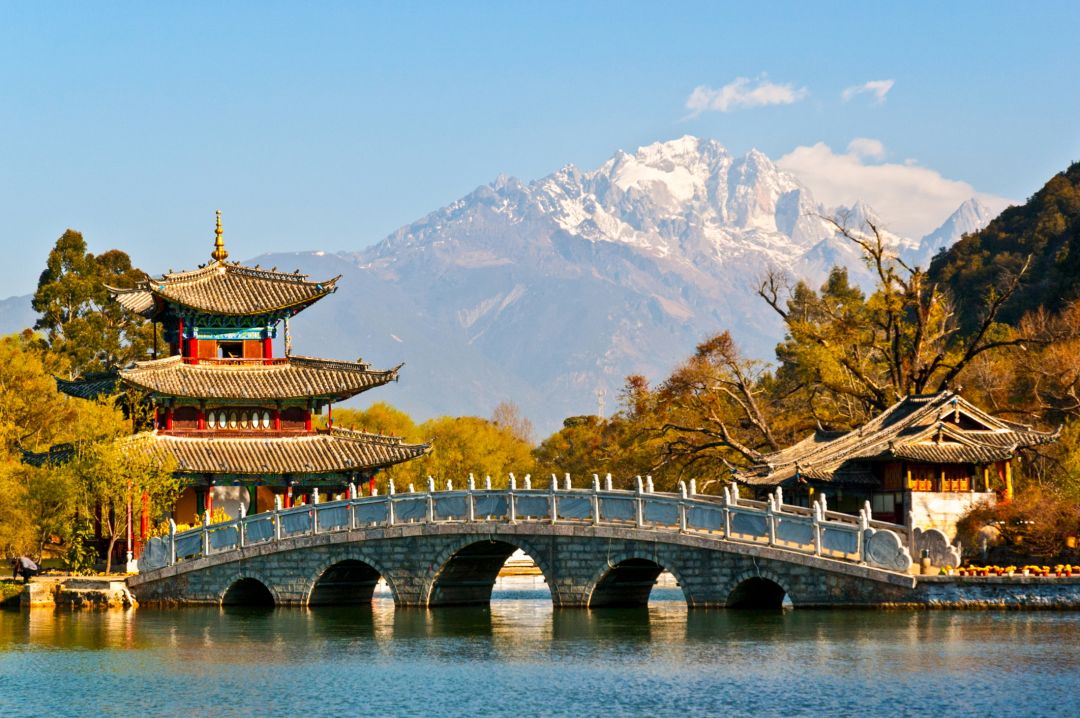
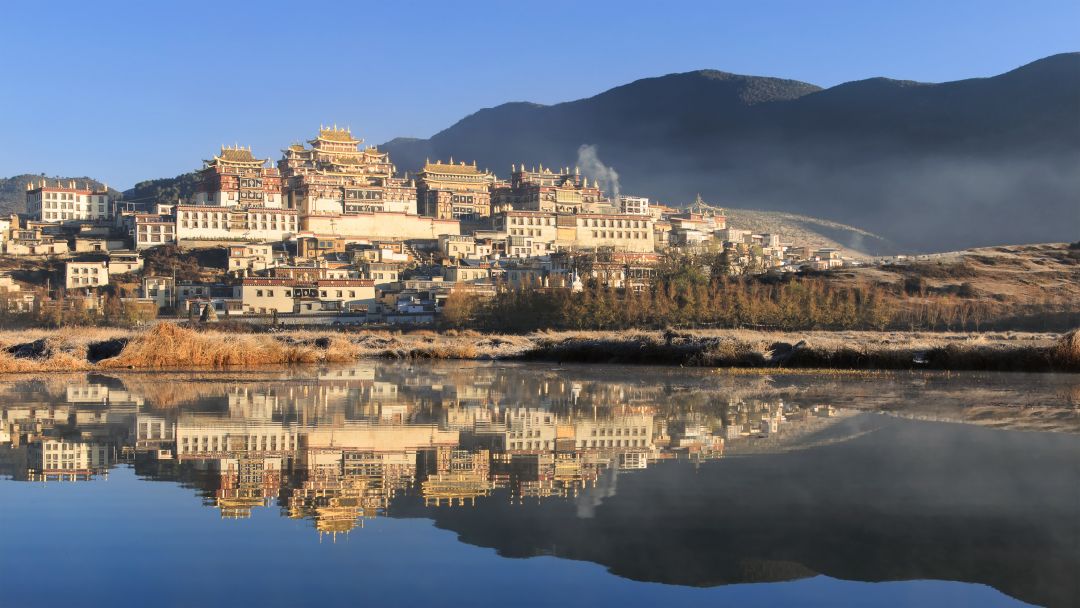
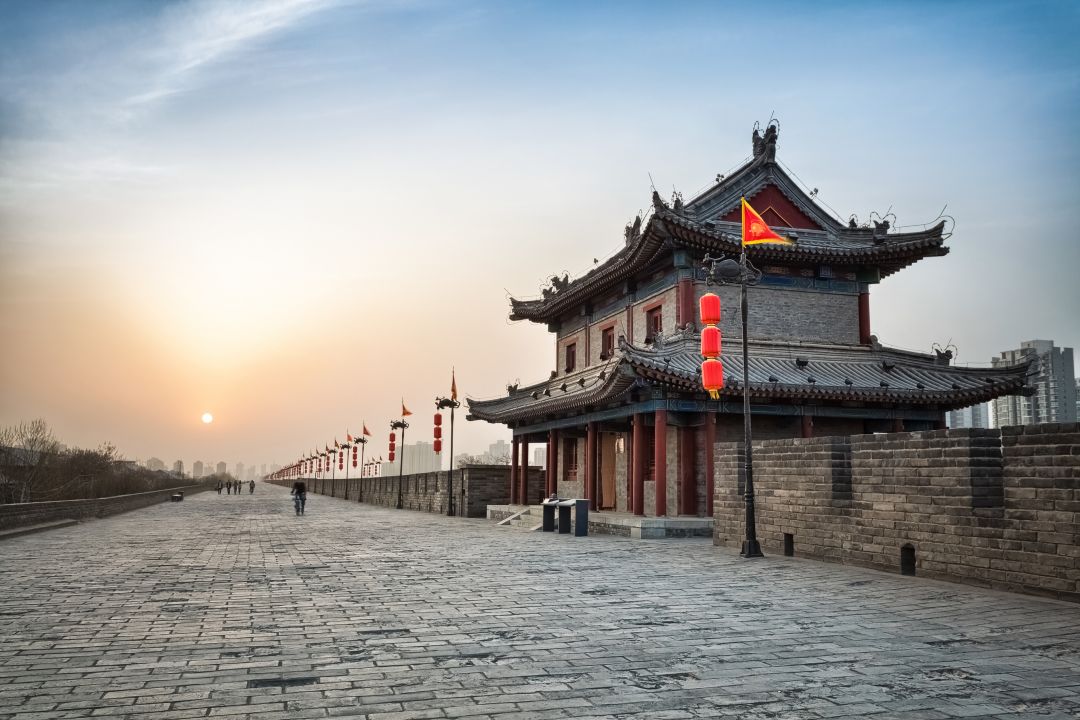
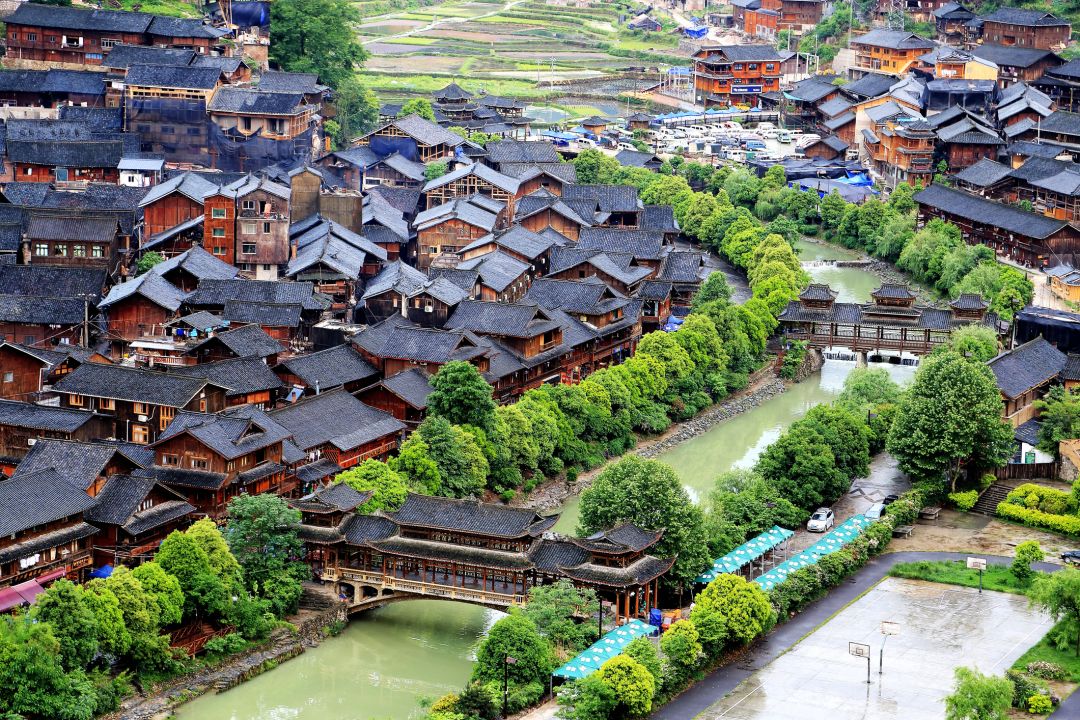

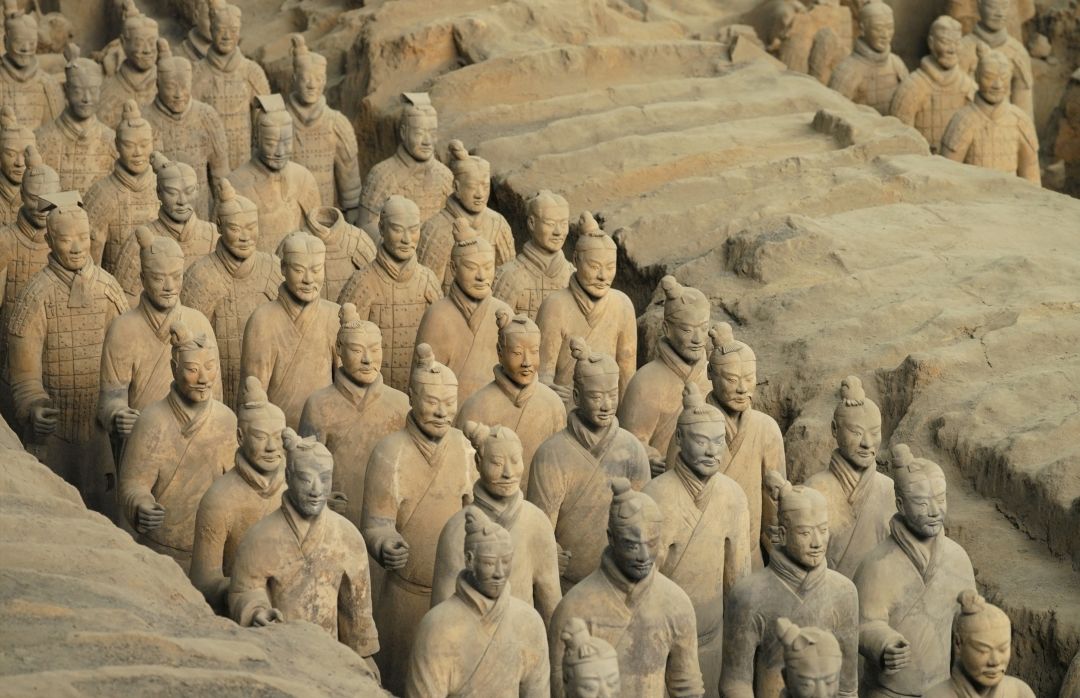
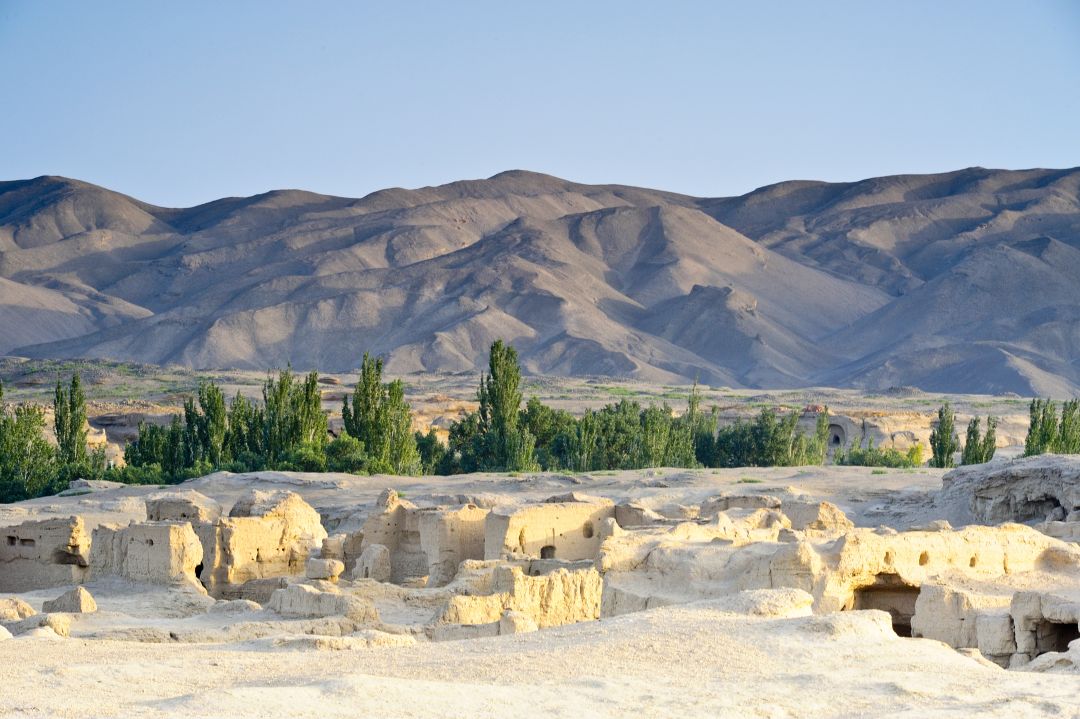
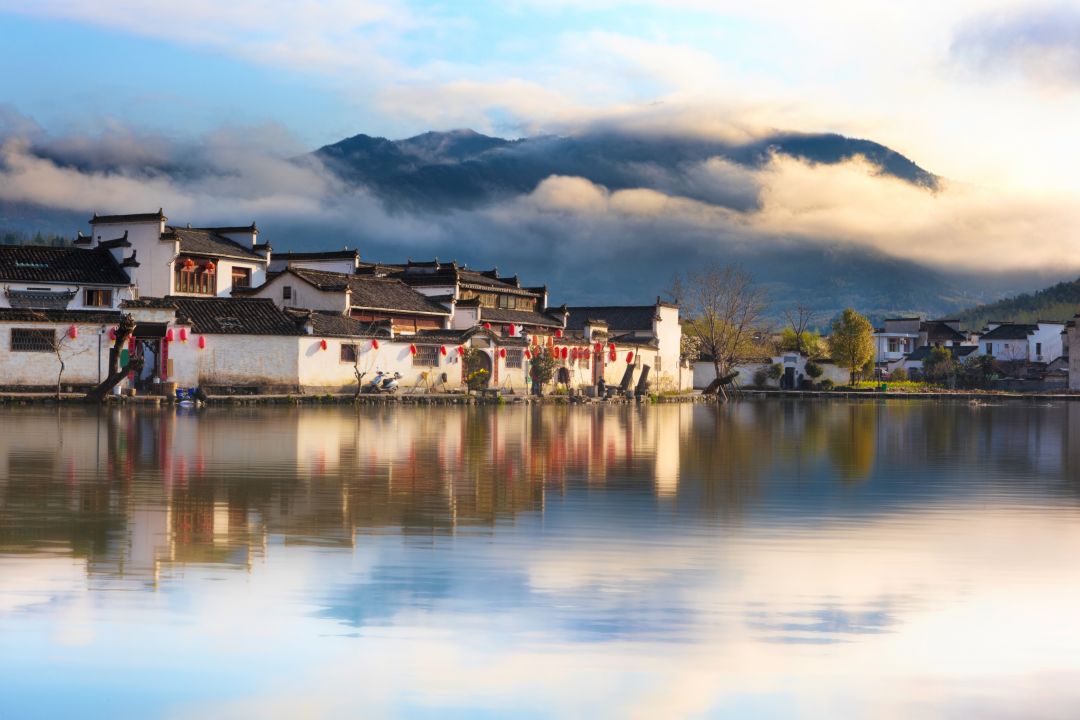
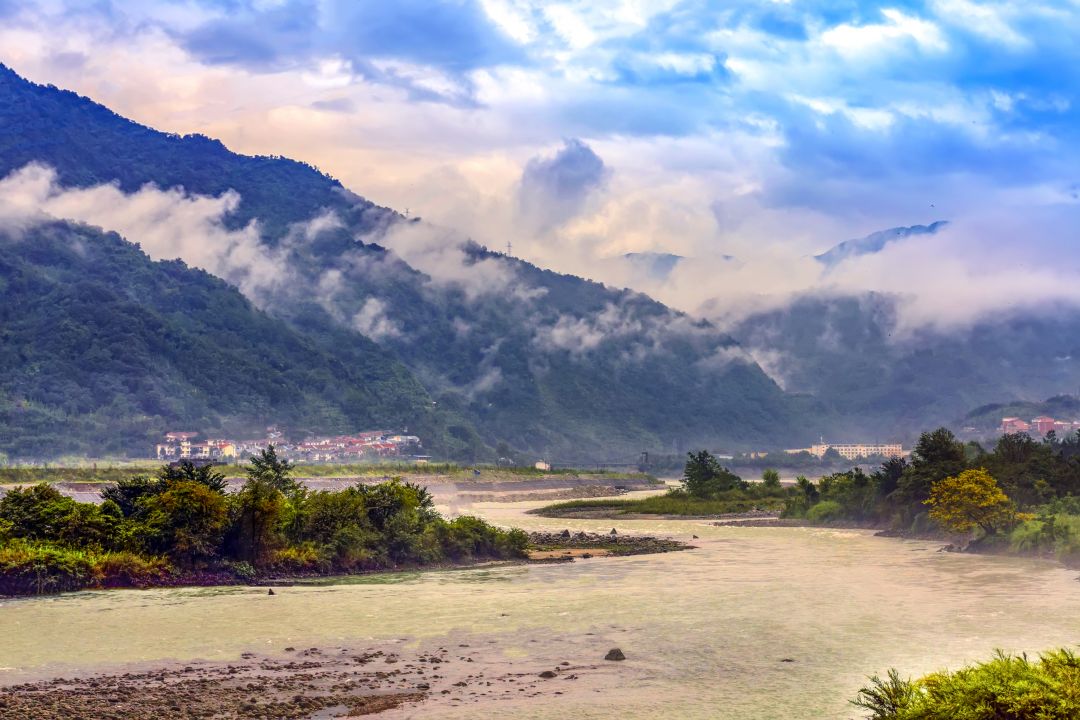
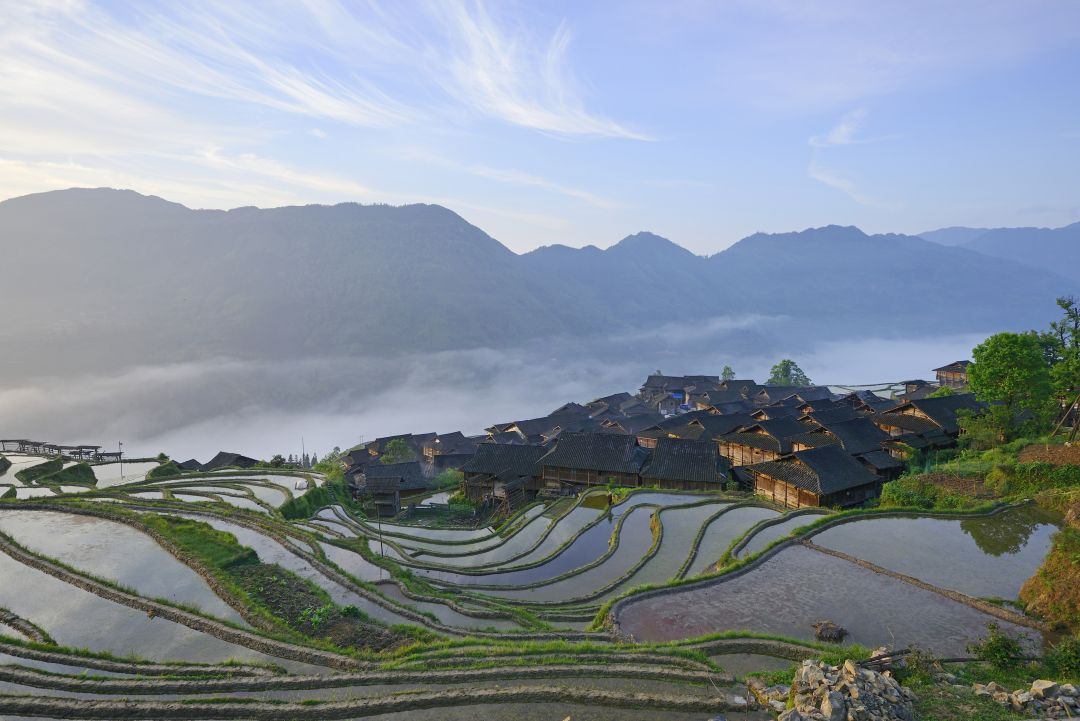
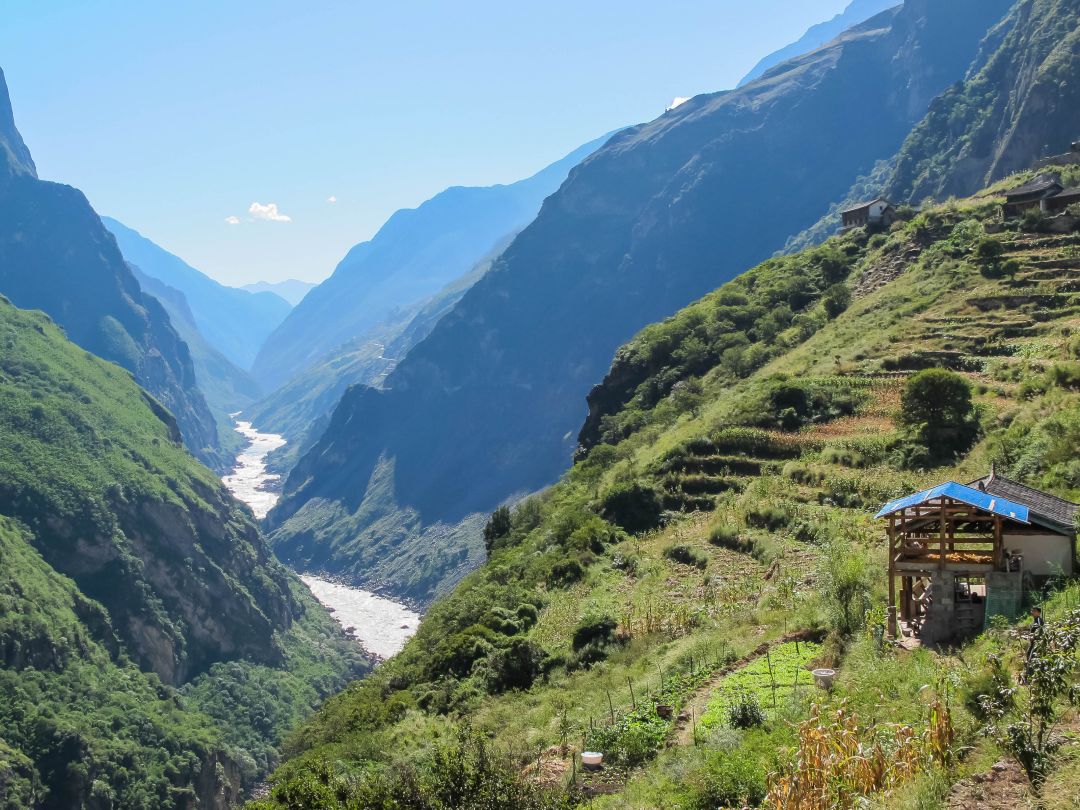
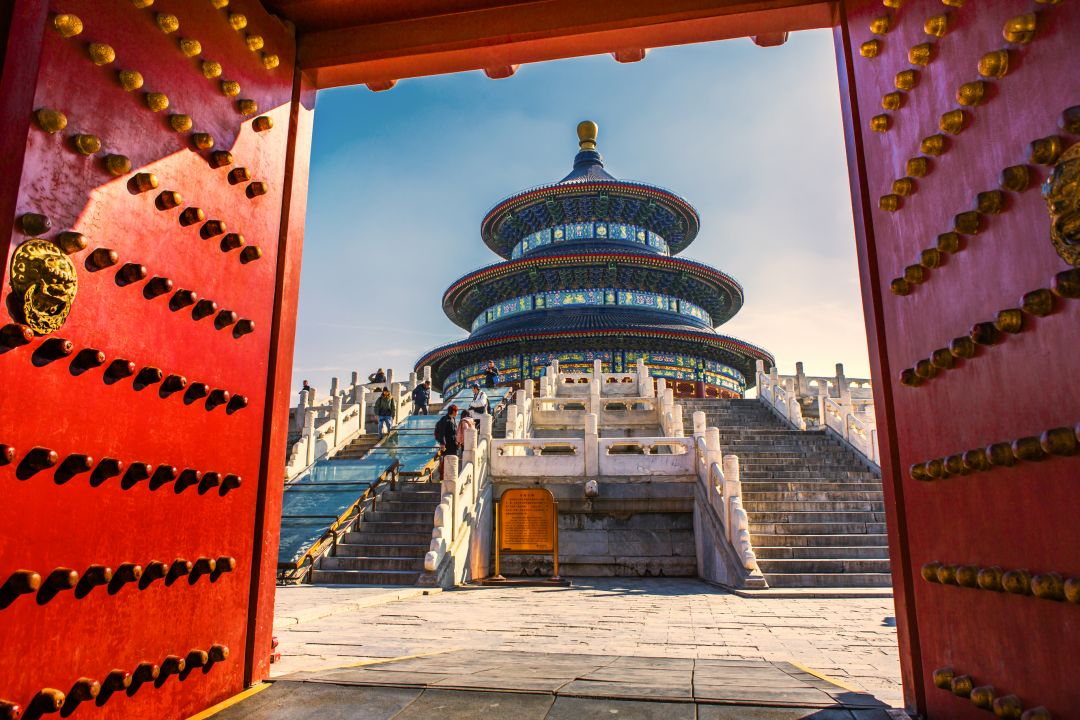
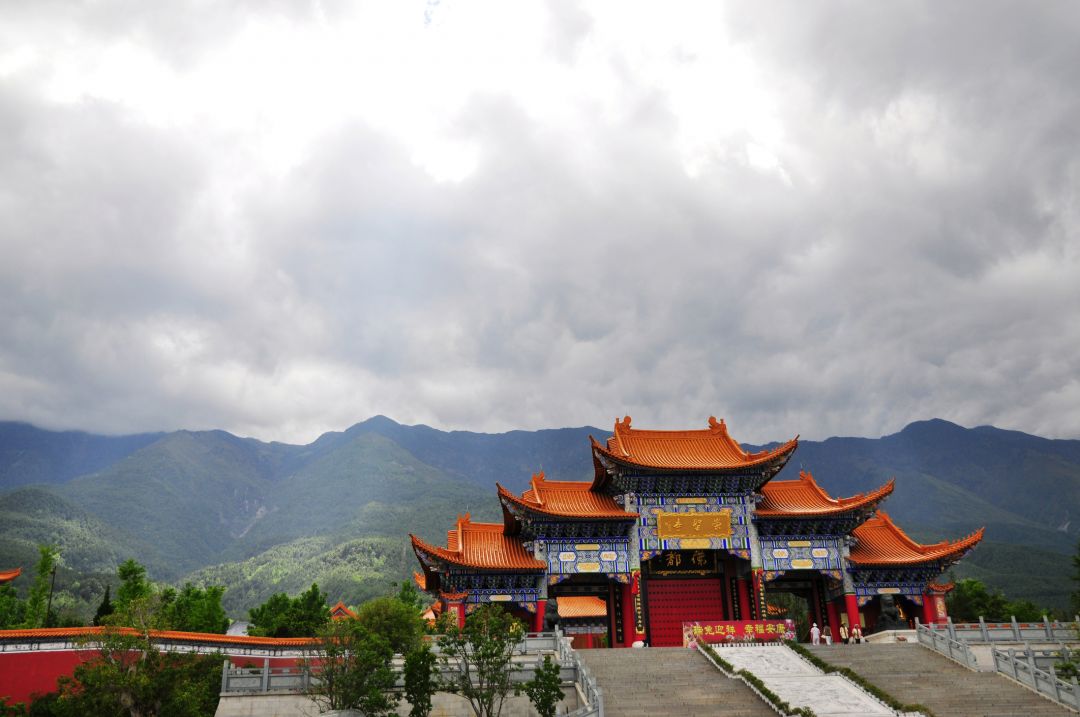
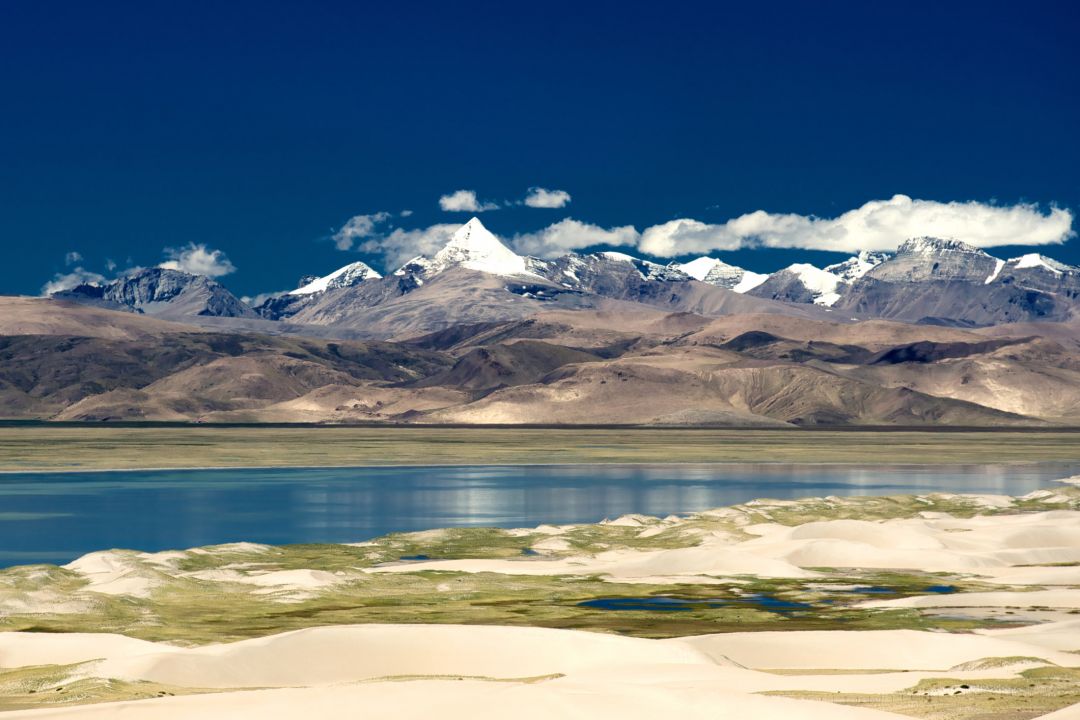
To view images fullscreen please turn device
Overview
There are few places on earth that can offer the sheer grandeur of China’s rich diversity of culture, history and landscapes. One of the oldest civilisations in the world, with an ancient pedigree that spans over 5000 years, China continues to influence the artistic and cultural traditions of the modern world. The evidence of its grand empire building lies scattered across its landscape, from the spectacular imagery of the Great Wall and the massed ranks of its Terracotta Warriors, to the ...
There are few places on earth that can offer the sheer grandeur of China’s rich diversity of culture, history and landscapes. One of the oldest civilisations in the world, with an ancient pedigree that spans over 5000 years, China continues to influence the artistic and cultural traditions of the modern world. The evidence of its grand empire building lies scattered across its landscape, from the spectacular imagery of the Great Wall and the massed ranks of its Terracotta Warriors, to the fascinating settings of cities like Beijing, Shanghai, Xian and Kashgar.
Steeped in the history of the Silk Road, its position at the heart of the trade routes between the east and the west once saw caravans of silk and horses trailing across the deserts and mountains of Central Asia, heading towards the unknown lands beyond and opening up China to trade and riches beyond compare.
Today, China’s modern silk roads offer up new treasures and delights for the traveller. This land of teahouses, temples and lanterns provides a chance to explore the giant gorges of Yunnan and the endless rice terrace of Yangshou, trek through a world filled with the glories of ancient dynasties, or party amongst the glass towers of the new empire builders.
Meet the Experts
Start your journey
Group tours
Travel to China with like-minded people on one of our small group tours (usually max size 12), featuring knowledgeable local guides and an expert tour leader.
HIGHLIGHTS OF CHINA
BEST EXPERIENCES

Admire the epic Terracotta Warriors
Visit the ancient city of Xi'an and see the Terracotta Warriors – one of the greatest archaeological finds of the last century. The burial place of the Emperor Qin Shi Huang Di (210BC), the site reveals thousands of life-sized pottery soldiers, each with their own individual facial features, built to guard the emperor in the afterlife.

Travel along the Chinese Silk Road
Travel through some of the most culturally and geographically diverse landscapes along the Chinese section of the Silk Road, from the Terracotta Warriors of Xi'an to the colouful markets of Kashgar, travelling through the unforgiving but fascinating Taklamakan Desert.
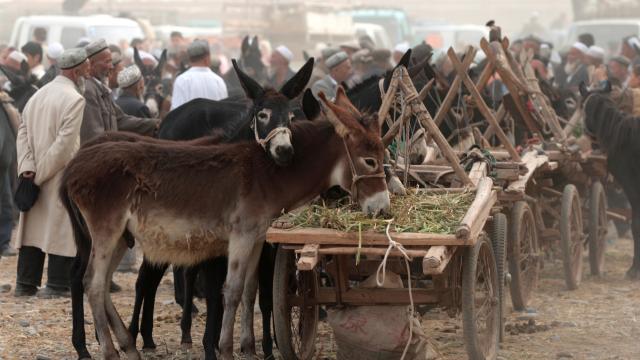
Visit the Sunday Market in Kashgar
Spend some time wandering around the famous Yakshambe Bazaar in Kashgar, or the Sunday Market as it’s otherwise known, a wonderful place to watch the locals trade everything from woodwork and iron wear to sheep, donkeys, cattle, horses and camels.
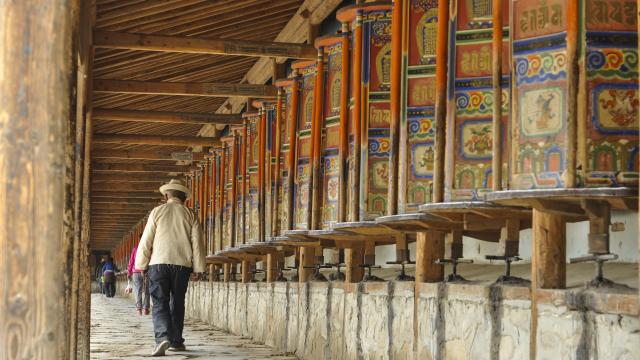
Learn about Tibetan culture
Stay overnight in Xiahe, home to the famous Labrang Tibetan Buddhist Monastery, one of the largest outside Tibet. Situated at the intersection of four major Asian cultures - Tibetan, Mongolian, Han Chinese and Chinese Muslim - during the 20th century, it was one of the largest Buddhist monastic universities in the world.
Discover more
WHEN TO GO
The sheer size of China means that there is always somewhere worth visiting virtually all year round. Doing some research however will be valuable, while of course all our group tours will visit at an appropriate time.
USEFUL INFORMATION
Health and Vaccinations
There are no mandatory immunisations for travellers to China though you should be up-to-date with Typhoid, Tetanus, Polio and Hepatitis A. We recommend you seek advice from your local GP or travel centre as to the correct immunisations and preventative treatments.
Currency
In China the official unit of currency is the Chinese Yuan.
To check out the latest exchange rate for the places that you are visiting you can go to www.oanda.com.
Cultural Sensitivity
On our tours you will frequently interact with local people, each with their own distinct customs and traditions. We therefore ask you to be considerate and to treat them with respect. Your tour-leaders and guides will always be able to advise you accordingly.
Language & Religion
With several major linguistic groups within the Chinese language, Mandarin is spoken by the majority and over 70% of the population. We will also come across Tibetan and Uighur speakers during this trip.
Buddhism remains the most popular single religion in China, although the largest group of religious traditions is that of Shenism – also known as Chinese Folk religion – the ethnic religion of the Hans. Uigher people are one of the minority ethnic groups in China who are Muslim.
Time
China is 8 hours ahead of GMT. Xinjiang Autonomous Region additionally operates a parallel local time zone only 6 hours ahead of GMT. Generally speaking, national time is used by government and other national entities, such as railways, airlines and hotel chains; small local services such as shops, restaurants and guest houses use regional time. A useful website to check the time zone differences is www.worldtimezone.com.
Food and drink
Food in China is surprisingly varied and rarely like the westernised dishes you find at your local takeaway! Outside of the big cities, travellers should forget about western food and should also prepare for alternative conventions about eating norms: breakfasts are light and often contain a selection of dishes you may not expect, such as rice and vegetables; meals are generally taken early - lunch sometimes takes place around noon and dinner typically 5pm; desserts are not common, and meals usually end with soup!
The Chinese are completely omnivorous, which has led to a wealth of exotic dishes. Vegetarians will need to be apprehensive, but a non-meat alternative is usually possible. However, vegetarianism is not something Chinese chefs are particularly familiar with, so such dishes frequently feature a limited variety of vegetables and are not richly flavoured or spiced. As we travel further west, the variety of vegetables available will also diminish.
The variety of climate and local produce has created outstanding regional cooking in China. West of Xi’an, in the colder, wheat producing north, noodles, flat-bread, dumplings and casserole-type dishes predominate as well as the imperial speciality, Peking Duck. Again, as we move further west the variety of available food and meat will become more limited and is dominated by lamb.
Local beer, which is light and very popular, is available in many restaurants along the way, although some of the local Muslim restaurants will not serve alcohol. We would suggest bringing duty-free spirits with you for your own consumption at your hotel, if this is your preferred tipple.
Travelling Solo In China
All of our small group tours are designed to cater for solo travellers: the number of solo travellers will vary from tour to tour, but usually over half will be travelling alone. Get all of the excitement of discovering new places combined with the security of travelling with an organised group, with like minded people.
